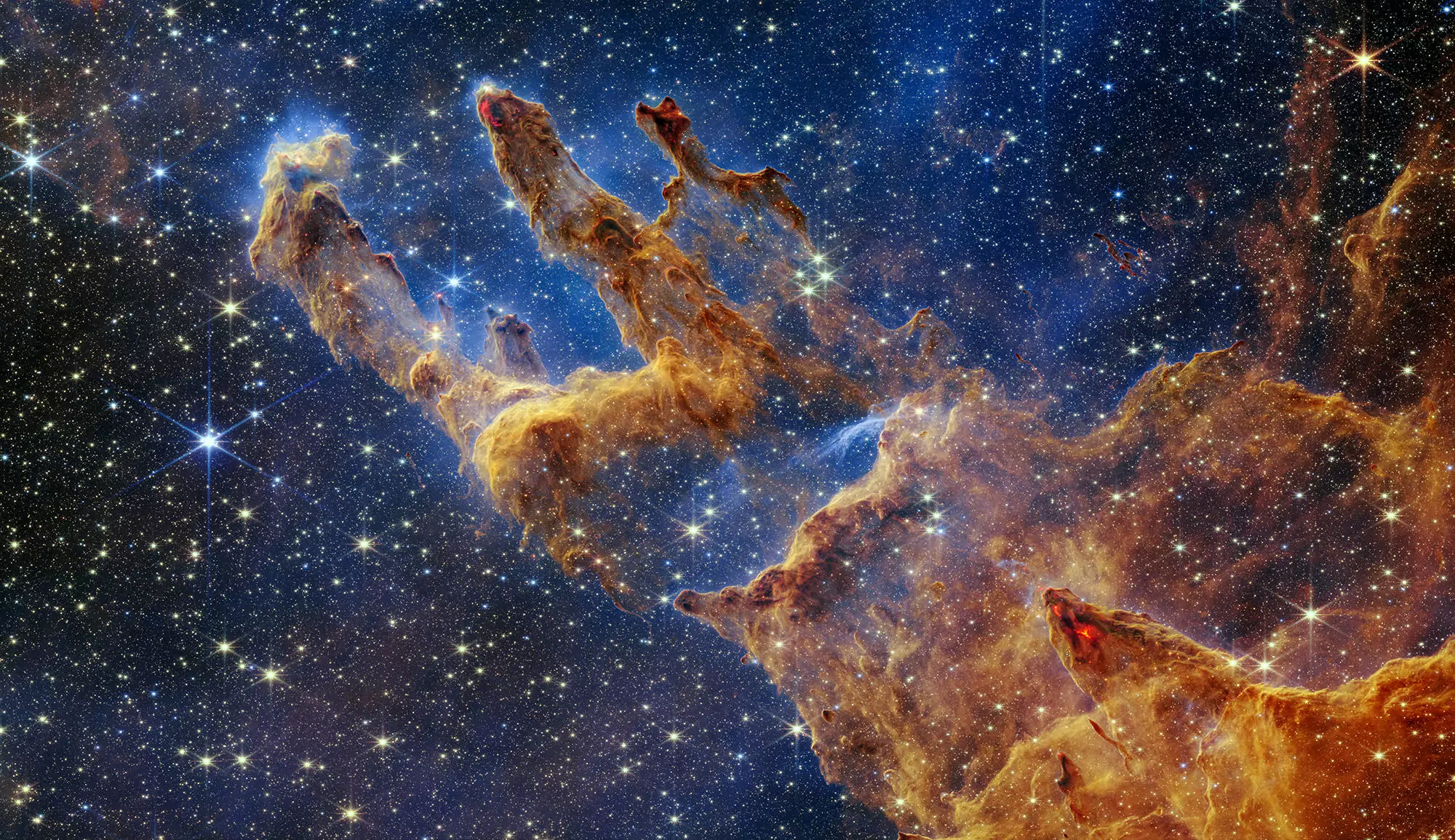There is a need for a reliable and comprehensive reference source providing the definitions of all the concepts, from the oldest to the newest, used in astronomy and astrophysics. An exhaustive concept base would make life easier, because instead of searching definitions through sparse subset references, one could have access to all the available definitions at one go. Besides practical use, it would be interesting to collect in a single source all the astronomical concepts that have ever been created. It would be even more helpful to be able to access such a source freely online as a database that would get enriched on a daily basis through the inclusion of new concepts created in current research work. This aspect contrasts with usual dictionaries which are updated only at intervals of several years. Such a concept source is being developed at Paris Observatory in the form of an interactive database called An Etymological Dictionary of Astronomy and Astrophysics. Currently it contains the definitions of about 10,000 English entries, with their French and Persian equivalents. Each definition is checked by specialist astronomers at Paris Observatory or other international research institutes. In this sense it is a collaborative international endeavor that should serve various research, educational, and development goals, such as those defined by the International Astronomical Union.

A Browser Embedded Astrophysical Dictionary
AstroConcepts, developed at Paris Observatory, is an extension for the Google Chrome Web browser. It gives access to definitions of the Etymological Dictionary of Astronomy and Astrophysics from any Web page. AstroConcepts interrogates a SKOS (Simple Knowledge Organization System) version of the Etymological Dictionary of Astronomy and Astrophysics. This format is recommended by the International Virtual Observatory Alliance (IVOA) to create vocabularies and thesauri. Its installation is a very simple operation requiring just a couple of clicks. Once installed and activated, readers can underline an astronomical concept on a Web page to get access to its definition as provided by the Etymological Dictionary of Astronomy and Astrophysics. Selected words can be either in French or English, while the definitions, appearing in a pop-up window, are in English. Put metaphorically, the tool performs a sort of radioscopy of the page words.
Virtual Observatory
The Semantic Working Group at the IVOA as well as the VO-Theory Interest Group develop several SKOS vocabularies to define concepts. One of the aims of these efforts is to help users to discover astronomical data thanks to commonly used concepts. Eventually the SKOS vocabulary on which AstroConcepts rely could be used in VO-Tools and astronomical services to provide definitions of astronomical concepts as well as refine the interoperability between services. This tool has been created thanks to the experience of VO-Paris Data Center staff in Web semantics. The development of AstroConcepts was facilitated by the fact that the required infrastructure for extracting concepts was already available.
Word filiation, multidisciplinarity, educational and cultural vocations
The AstroConcepts tool also allows the interested reader to have direct access, through a click, to the Etymological Dictionary of Astronomy and Astrophysics for additional information. In fact the dictionary is intended for professional and amateur astronomers, university students in astrophysics, as well as linguists. Indeed, the origin, history, and the way in which a term is composed provide the reader with an additional dimension of the concept. The etymology section is in fact the interface between physical and human sciences. The Etymological Dictionary of Astronomy and Astrophysics is indeed the first fully fledged etymological dictionary in this field. The dictionary is careful about the linguistic and terminological aspects of the terms, their morphological structure, and, in a broader scope, the mechanisms that govern a scientific language. Astronomy is tightly related to other branches of knowledge. It even includes other sciences in subfields such as astrobiology, astrochemistry, astrogeology, planetary meteorology, and so on. The dictionary, accessed through AstroConcepts, therefore contains a large number of terms in physics, mathematics, geology, meteorology, including philosophy ! The hypertext ability enables the reader to move on from a given concept to related ones. Moreover, the dictionary also guides the reader to families of associated concepts in astronomy as well as other fields of knowledge. Owing to new informatics tools resulting from technological advances, we are now able to transcend the partial scope of disciplinary worldviews. Although more and more specialization for scientific progress is inevitable, inter, multi-, and transdisciplinary initiatives are necessary to overcome the compartmentation of knowledge. The dictionary is intent on providing the most recent concepts in astrophysics. It is at the same time careful to explain the previous concepts upon which the new ones are based. This chain of reasoning enables the dictionary to contain the most basic concepts. Owing to its rigorous content and its exhaustive database, it can provide a useful support to student at all levels.
